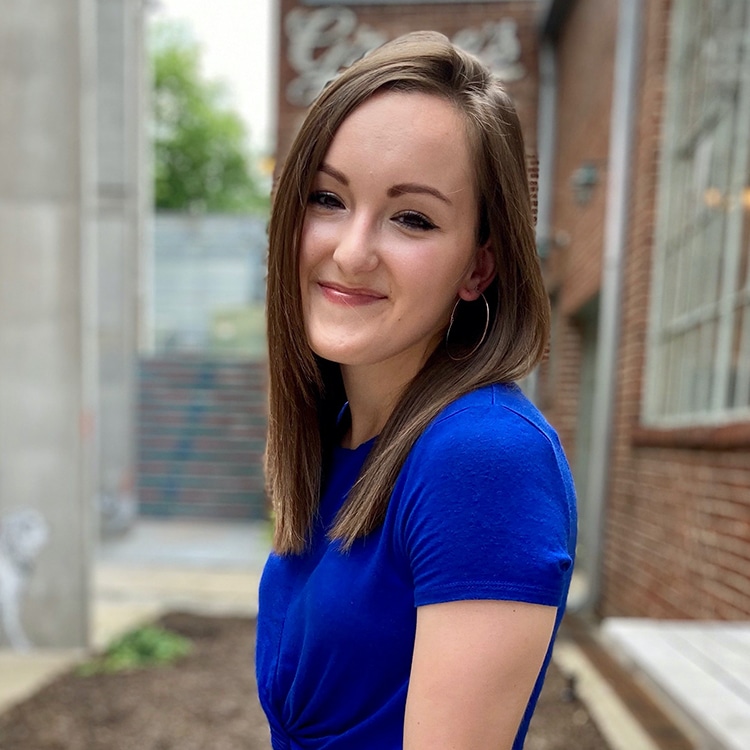Group Therapy
Experiential Healing:
A Trauma Support Group for Women
Set boundaries, experience safety in interpersonal relationships, and find a deeper sense of self-worth and compassion in healing after trauma.
Empowering a community of women trauma survivors to reclaim boundaries, rebuild trust, and practice radical self-compassion
To paraphrase Maya Angelou and Breneé Brown, you can’t control what has happened to you, but you can decide not to be reduced by it. Owning your story is really really hard, but not nearly as difficult spending a lifetime trying to outrun it.
Along with compassionate support from a community of other women trauma survivors, experiential therapy in a group setting can be transformatively effective for:
- Setting, holding, and modifying boundaries
- Experiencing safety in interpersonal relationships
- Deepening self-compassion and self-awareness
- Releasing trapped emotions and pain from the body
- Practicing coping skills for everyday life
- Reclaiming personal identity and self-worth
- Celebrating community with other women
Facilitated by Bright Horse Counseling’s Victoria Bear, LMFT, our group meets every Tuesday evening from 6:00 PM – 7:30 PM at our offices in Brentwood, TN.
More About Experiential Therapy
What is experiential therapy?
Experiential therapy focuses on engaging individuals in various experiences and creative activities to help them explore and process their feelings, beliefs, and reactions. This type of therapy can be ideal for healing from trauma because it helps participants gain a deeper understanding of themselves and their issues by active participation rather than simply talking about them.
Trauma often results in repressed or overwhelming emotions. Experiential therapy allows individuals to access and express these emotions in a safe and controlled environment through activities like art therapy, role-playing, or guided imagery, helping individuals connect with their emotions in a different way, which is a crucial step in healing from trauma.
How does experiential therapy address trauma?
Trauma can make it challenging to articulate feelings and experiences with words. Experiential therapy incorporates nonverbal communication methods, such as art, movement, or body-oriented techniques, to help individuals access and express difficult emotions.
Trauma can be stored in the body, leading to physical symptoms and discomfort. Experiential therapy promotes somatic awareness, helping individuals recognize and release physical tension and discomfort associated with trauma. Techniques like mindfulness, breathing techniques, or bodywork can be integrated into the therapeutic process.
What are the benefits of experiential therapy?
Many trauma survivors struggle with trust and an embodied sense of safety. Experiential therapy in a group setting encourages building a therapeutic relationship with other members and creates a safe, nonjudgmental space for individuals to explore their trauma in community.
Engaging in experiential activities can empower individuals by giving them a sense of control and mastery over their emotions and experiences. This can lead to increased self-esteem and self-compassion, which are important factors in recovering from trauma.
Meeting Details
WHEN
Every Tuesday evening from 6:00 PM-7:30 PM
WHERE
At Bright Horse Counseling located at 5409 Maryland Way, Suite 130 Brentwood, TN 37027
FEE
$60 per 90-minute session. Please reach out to us if this rate impacts your ability to attend. A portion of the cost may be reimbursable by insurance.
The Group Process
This group is an open group, which means that new members can join at any time unless the group itself decides to close to new members.
Each group will create its own norms and practices regarding attendance, absences, and policies. By actively participating in the development and maintenance of group norms and rules, members contribute to a sense of ownership and empowerment within the therapy group.
This collaborative process fosters trust and cohesion, which are vital for the success of group therapy. The full group will meet in person with each session lasting roughly 1.5 hours.
A typical group session includes a combination of:
Discussion at the beginning of the group to hear insights from the previous session and get a sense of others’ thoughts, feelings, and experiences with the content being discussed
Explanation of relevant science, research, or literature to provide a better understanding of the topic for that session
An individual activity to help participants explore their own beliefs, values, and desires
Meet Your Facilitator
Victoria Bear, MMFT
Victoria is passionate about helping her clients find satisfaction and contentment in all their relationships, and she uses a very calming and genuine approach in therapy. Her clients report feeling comfortable with her right away. She loves to work with individuals who feel unsatisfied or stuck in their relationships, and with those who have trauma histories, struggle with anxiety, low self-esteem and/or self-compassion, and depression.
Victoria creates a safe and open space for her clients to work through whatever has brought them to therapy. She is kind, empathic, and always listens with the utmost compassion. Her goal is to guide her clients in creating meaningful life changes and to allow them to share and process their experiences in an environment where they feel safe, secure, and truly known.
Register or Request Info
Ready to sign up? Great! Fill out the form below and the group leader will be in touch with you soon. Or, if you’re on the fence and have some questions, still complete the form below so we know how to get in touch with you.

